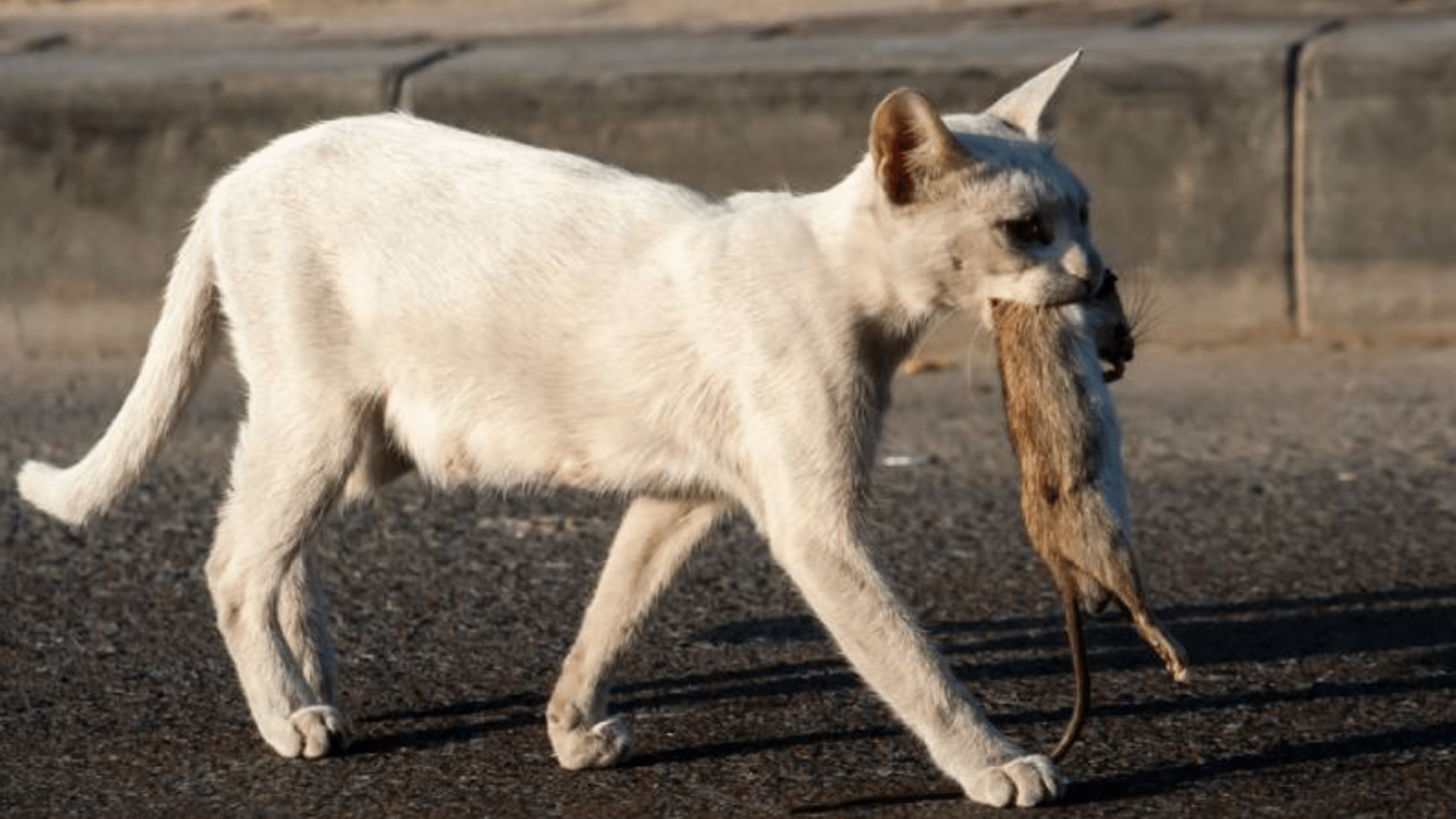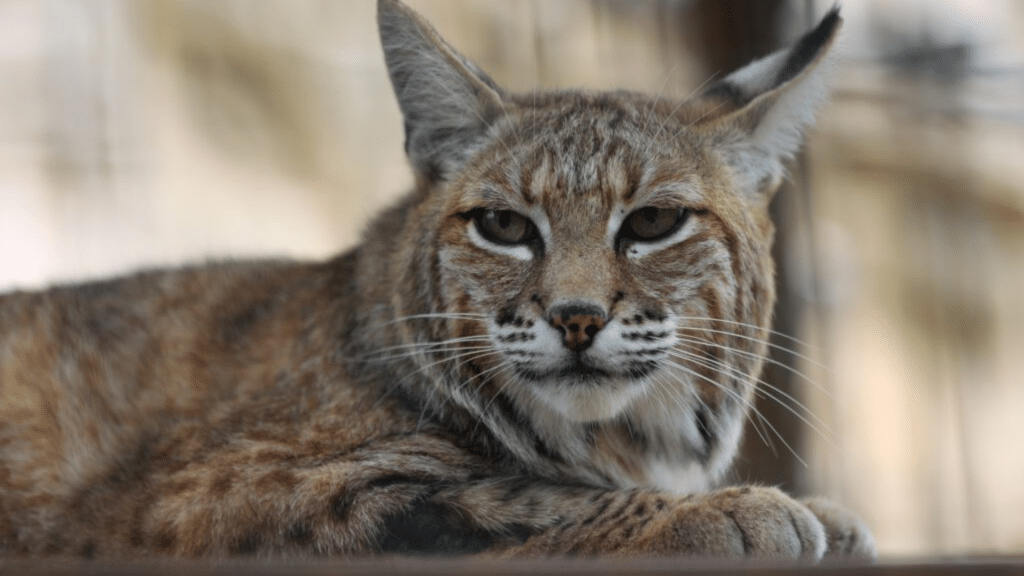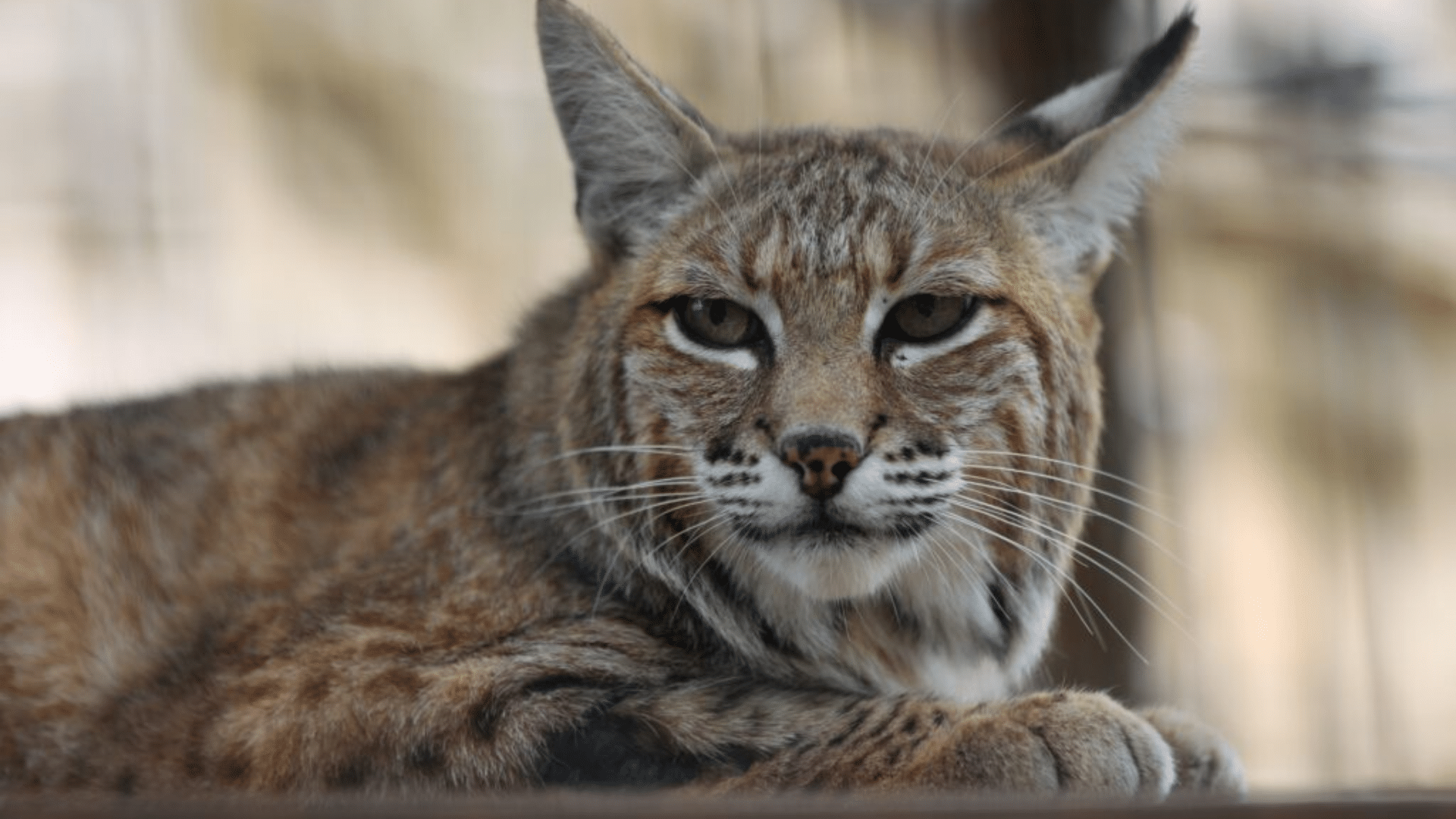Cats and rats have coexisted in shared spaces for centuries, establishing a relationship that many homeowners rely on for pest control.
When mice and rats enter homes, many people consider getting a cat as a natural solution to the problem. But does this age-old method actually work?
This question prompts numerous thoughts about cat hunting skills, rat behavior, and the interaction between these two animals.
This blog examines what happens when cats meet rats, the facts behind this common belief, and what you can expect if you’re looking for a four-legged pest controller.
Are Cats Natural Predators of Rats
The short answer might surprise you: not all cats hunt rats. Many house cats show little interest in tackling rats, especially the larger ones. Rats can be quite big and put up a strong fight when cornered.
Cat hunting skills vary based on several factors. Some cats come from lines bred to catch mice but lack the size or training to take on rats.
Farm cats often have more experience and success with rat hunting compared to indoor-only pets.
They pounce quickly, grab with their claws, and bite the neck area. This technique works well for smaller rodents but becomes riskier with full-grown rats that can fight back.
The truth is that having a cat might deter rats, but not every cat will actively hunt them.
How Good Are Cats at Controlling Rat Populations
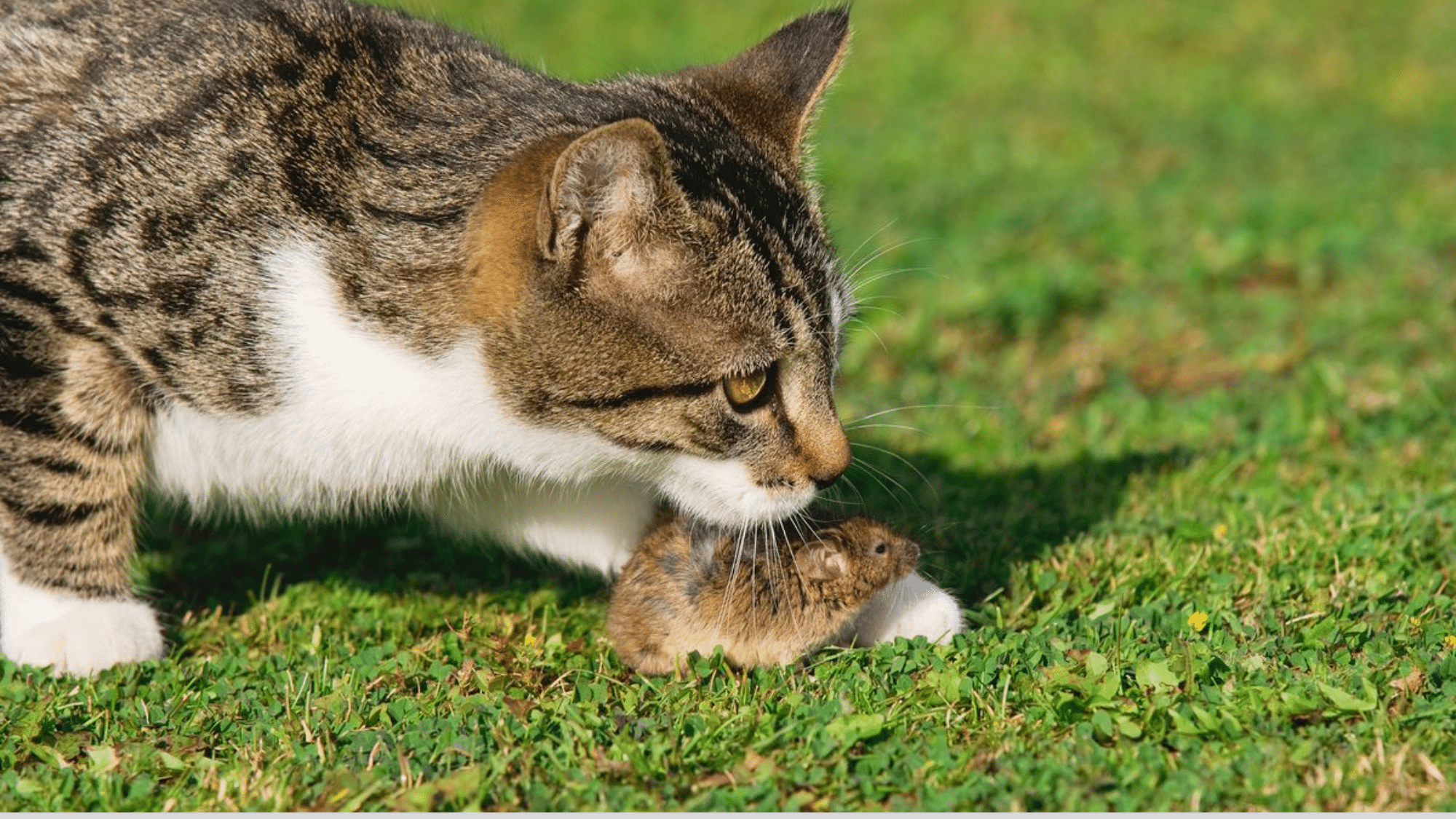
Cats can help control rat numbers, but their success depends on several key factors. Studies show mixed results when looking at cats as rat controllers.
● A single cat in a home might keep rats away through scent alone. Rats can smell a cat’s presence and often avoid areas where they detect this natural enemy.
● This fear factor remains effective even when no active hunting is occurring.
● However, for larger rat problems, cats have limits. A healthy adult rat can outweigh a smaller cat and has strong teeth for defense.
● Most house cats prefer to focus on mice rather than take on these larger challengers.
● In farm settings, groups of outdoor cats show better results. Multiple cats working together create a deterrent.
● They mark territory and patrol areas regularly, making the space less appealing for rats to settle.
● The best rat control happens when cats work alongside other methods. Removing food sources, blocking entry points, and keeping spaces clean boosts a cat’s natural effect on rat populations.
Factors Influencing Cat and Rat Interactions
Several factors influence the interaction between cats and rats when they encounter each other. Understanding these elements helps explain why some cats excel at rat control while others show little interest.
| Factor | Description |
|---|---|
| Cat Breed and Size | Larger, muscular breeds (e.g., Maine Coons) have a physical advantage over rats due to their size and strength. |
| Hunting Experience | Cats raised outdoors tend to be better hunters due to more exposure and practice with prey. |
| Rat Size and Species | Brown rats, also known as Norway rats, are larger and can be more aggressive, while smaller rats pose a lesser risk to cats. |
| Environment | Open spaces allow cats to use speed and pouncing, while cluttered areas provide rats with hiding spots. |
| Time of Day | Cats are most active at dawn and dusk, which coincides with peak rat activity times. |
| Food Availability | Well-fed cats may chase rats for fun, but feral cats, driven by hunger, are more motivated to hunt. |
| Previous Experiences | Cats with prior encounters with aggressive rats may become more cautious and hesitant to hunt. |
Myths and Realities About Cats as Rat Hunters
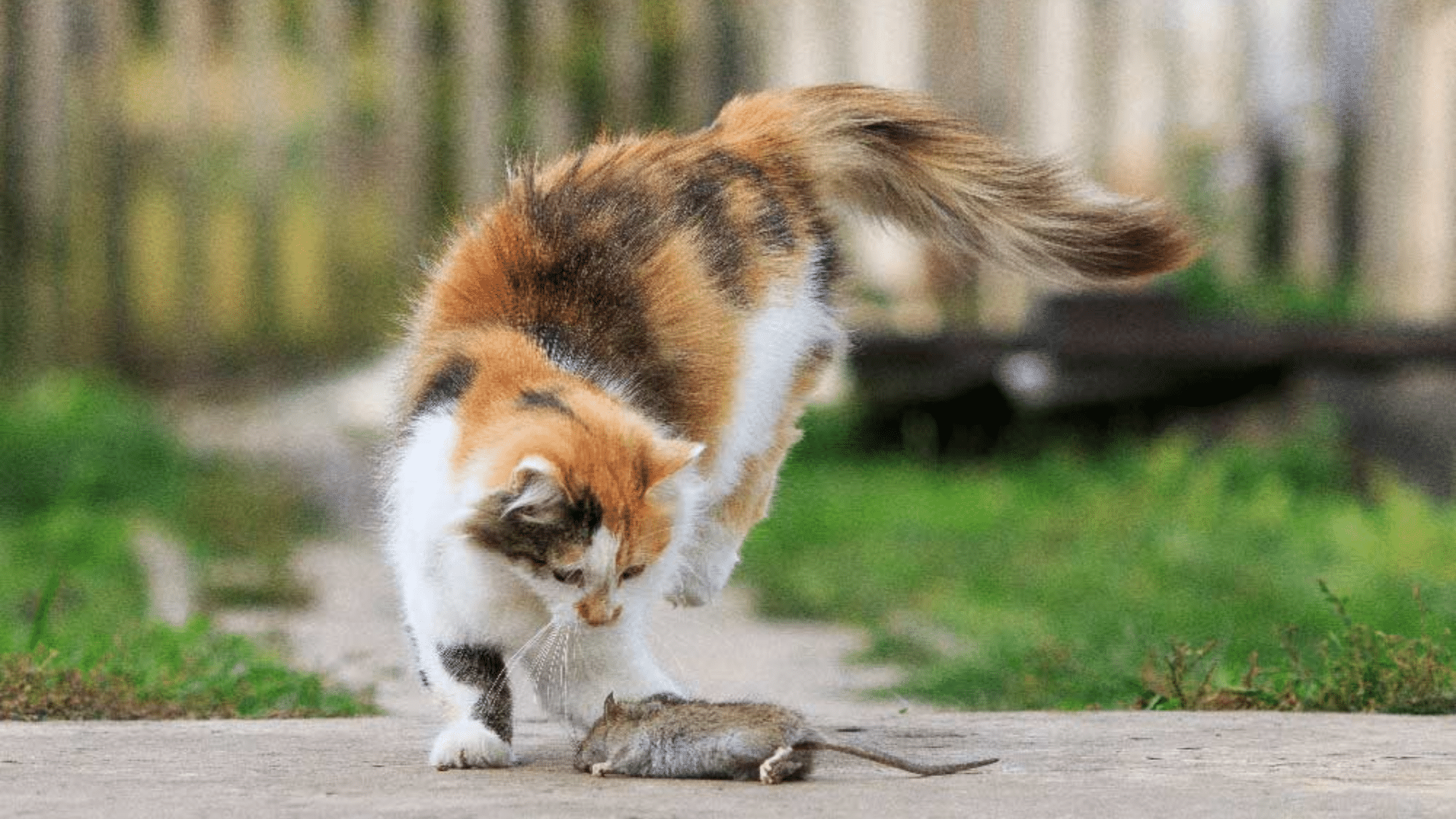
Many stories exist about cats and their ability to catch rats. Let’s separate the facts from fiction:
Myth: All cats are natural rat killers.
Reality: Not all cats hunt rats. Some cats lack the interest, skill, or confidence to take on rats, especially larger ones.
Myth: Getting a cat will solve a serious rat problem.
Reality: While cats help deter rats, they rarely eliminate major infestations on their own. Most cats catch 2-3 rats monthly at most.
Myth: Cats always eat the rats they catch.
Reality: Many cats prefer to play with or kill rats, rather than eat them. This hunting behavior exists separately from hunger.
Myth: Indoor cats make poor hunters.
Reality: Hunting ability is affected by both genetics and learned behavior. Some indoor cats still possess strong hunting skills when given the chance.
Myth: Cats can get sick from contact with rats.
Reality: This is actually true. Rats can carry diseases and parasites that affect cats, making hunting somewhat risky for feline health.
Myth: Rats are too smart for cats.
Reality: Rats do show impressive intelligence and caution, but cats have acquired specific hunting techniques that can overcome rat defenses.
Myth: Any breed of cat works for rat control.
Reality: Working breeds and larger cats typically show more success with rat control than smaller or more ornamental breeds.
Alternatives and Best Practices for Rat Control
Cats can help with rat problems, but a complete rat control plan includes multiple approaches. Here are effective ways to handle rat issues.
- Remove food sources, store food in sealed containers, clean up crumbs promptly, and keep trash in closed bins. Hungry rats take more risks, making them easier targets for cats.
- Reduce hiding spots, clear clutter, trim plants near buildings, and stack firewood away from walls. Fewer safe spaces mean rats feel more exposed to predators.
- Consider traps; modern snap traps are effective and provide a quick solution. Place them along walls where rats are likely to travel, baited with peanut butter or dried fruit.
- Outdoor management matters too. Keep bird feeders away from the house and pick up fallen fruit from trees. These easy food sources attract rats.
- Professional help becomes necessary for large infestations. Pest control experts utilize specialized tools and knowledge to address challenging rat problems.
While cats bring charm and potential pest control to the table, they aren’t a guaranteed fix for rat issues. Their impact depends on the cat, the environment, and the size of the problem. Think of them as part of your defense strategy, not the whole army.
Comment below what questions you have about cat and rat relationships.

